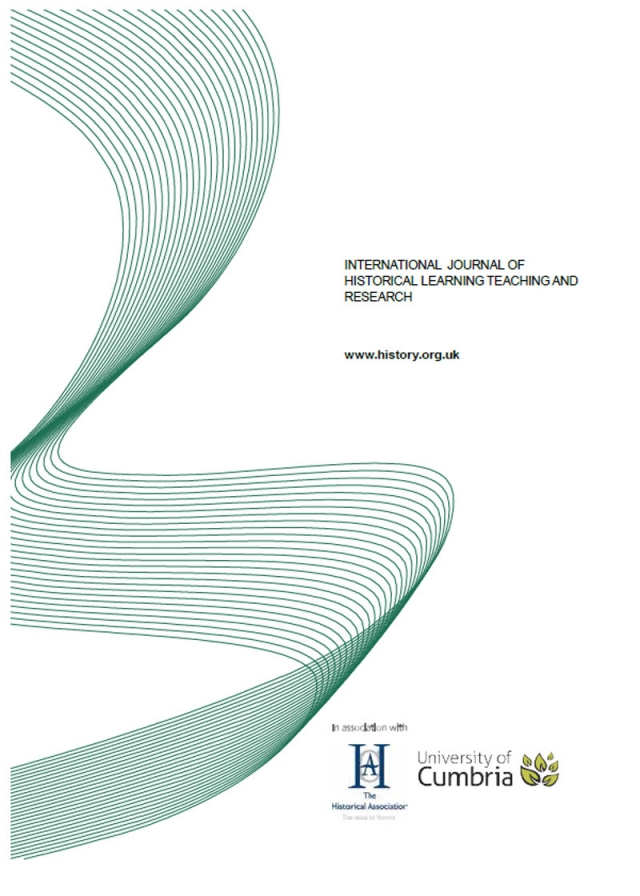The Past, the Present and the Future of the Economic Crisis, through Greek Students’ Accounts of their History
IJHLTR Article

International Journal of Historical Learning, Teaching and Research [IJHLTR], Volume 15, Number 1 – Autumn/Winter 2017
ISSN: 14472-9474
Abstract
This is an analysis of 97 written questionnaires given to university students’, prospective teachers’. Students were asked first to narrate the Greek state’s history, second to make predictions about the future. It took place in January 2016 in Ioannina (Greece). The study aimed to identify the constructs with which students internalized the economic crisis in Greece within a framework of Greek history, to map students’ expectations in relation to the country’s and Europe’s future and to elicit the reasoning for their answers.
The data was analysed within the framework of previous research in Greek historical consciousness, and of research conducted in 2013 and 2014, related to Greek, university and secondary school, students’ account of the crisis (Apostolidou, 2014).
More specifically, in 2013 and 2014, students were found to assign historical significance to the country’s 2010 economic crisis since they included it within brief accounts of Greek history that they wrote. They also used their official national narrative not only to explain the crisis but also to predict the future: students perceived of the crisis as another war the country had to fight, a war that Greeks would certainly win. Students in this 2016 study once more included the 2010 economic crisis in their account of the history of the Greek state, also using elements of the 19th century Greek economic history. Being asked to venture a prediction about how ‘life in Greece will be like in 60 years from now’, they were found to be pessimistic, grounding their predictions on the current economic and political situation in Greece.
Additionally, being asked to express their understanding of ‘how things generally evolve in history’, they spoke about ‘repetition’ but in a negative way: they also grounded their ideas on the current economic situation. On the whole, students in this study attempted to understand the 2010 crisis in the framework of Greek economic history, not employing the resistance pattern of their national narrative. Nevertheless, they seem to have been overwhelmed by their difficult present. The above stances could be read not only through Koselleck’s theory of historical consciousness that emphasizes the parameter of experience (Koselleck in Zammito, 2004, p.129), but also through findings of other (empirical) research that focuses on the relationship between students’ present experiences and their future scenarios (Haste & Hogan, 2010).
Introduction
The 2010 crisis as a recent past: implications for students’ perception of the future.
Rüsen’s defines historical consciousness as the meaningful nexus that synthesizes the three dimensions of time, past, present, future, by means of a narrative about the past that expresses people’s identities, either personal or collective (Rüsen, 2005, p. 25). ‘Memory mobilizes the experience of past time … so that the experience of present time becomes understandable and the expectation of future time is possible’ (ibid, p. 10). In this study, Greek students were urged at two different time points (in 2013 and 2016) to write their country’s history and possibly to articulate their understanding of the Greek economic crisis. The implicit question was how students would synthesize the three time dimensions to construct a historical narrative about their country being in crisis. Would they include the economic crisis in their narratives, and what the overall schema would be, optimistic or pessimistic? The reason why the study was repeated in 2016 was that the economic crisis persists, the consequences being worse, so I expected to locate different schemas in students’ speech, schemas that could be indicative of relevant transitions in the public sphere.
Attached files:
- International Journal 15.1 - Apostolidou
314.4 KB PDF document

